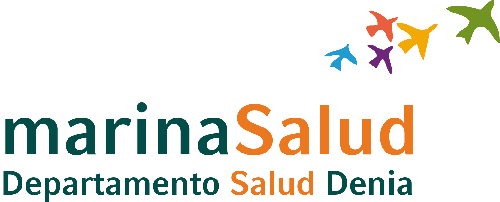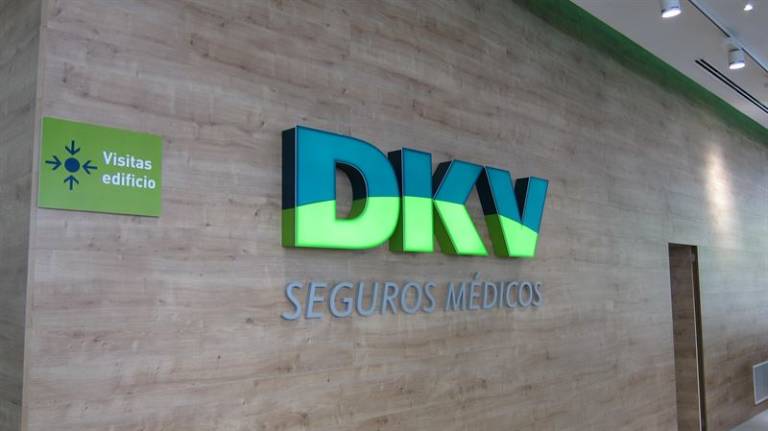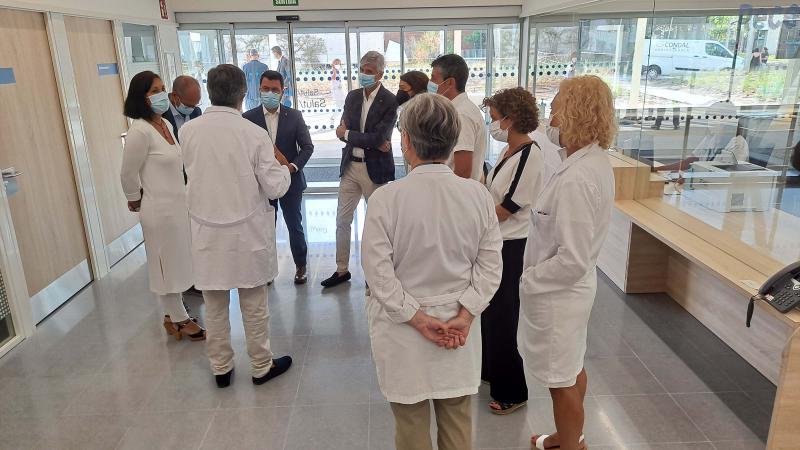Dénia Marina Salud Hospital
The Dénia Hospital, now part of the Ribera Salud group, is the reference healthcare center in the Marina Alta region of the province of Alicante, Spain. This hospital focuses its resources on providing a quality public health service, close and accessible, and aims to improve the quality of life of its customers through personalized health care.
Challenge
The goal of the Dénia Hospital was to be able to offer the option of performing therapeutic exercise from home to patients with a certain degree of independence in order to avoid unnecessary travel and increase the operational capacity of the Hospital.
Solution
Dénia Hospital defined from scratch an action protocol for patients who are eligible for telerehabilitation. These patients are identified based on criteria evaluated by a physician from the Locomotor System Unit. From that moment on, the center's physiotherapists are in charge of designing an individualized therapeutic exercise plan for each patient through Rehub. The digital telerehabilitation platform allows monitoring of the patient's progress and constant communication via chat and video calls.
This protocol is open to patients with different pathologies and a wide variety of conditions, allowing them to respond to the greatest possible number of needs. The average duration of treatment using ReHub is between 7 and 8 weeks. Four telerehabilitation sessions per week are prescribed, including 4 to 5 exercises.
telerehabilitation sessions scheduled
treatment compliance rate
hours of therapeutic exercises performed from home
patient satisfaction
Results
ReHub use has been increasing over the 6 months of use. The shoulder tops the list of most treated joints, followed by the spine, knee and cervical, which have a similar number of cases. The variety of shoulder pathologies compared to the other areas explains why the most treated conditions were neck pain, low back pain and rotator cuff injury, in that order. The following are the most relevant metrics of this case study:
- +2000 telerehabilitation sessions scheduled
- 97% treatment compliance rate
- +242 hours of therapeutic exercises performed from home
- 91% patient satisfaction
Do you want to know more?
Insurance Company
Discover how DKV improves the user experience by offering a new healthcare model in all its health centers and collaborating clinics.
CSI Hospital Center
Consorci Sanitari Integral (CSI) has 14 centers and was able to implement ReHub in less than 2 weeks, allowing its patients to gain greater autonomy.
-1.png?width=700&height=350&name=Dise%C3%B1o%20sin%20t%C3%ADtulo%20(6)-1.png)
.png?width=1092&height=497&name=RehubbyDycare_cobalto%20(4).png)


